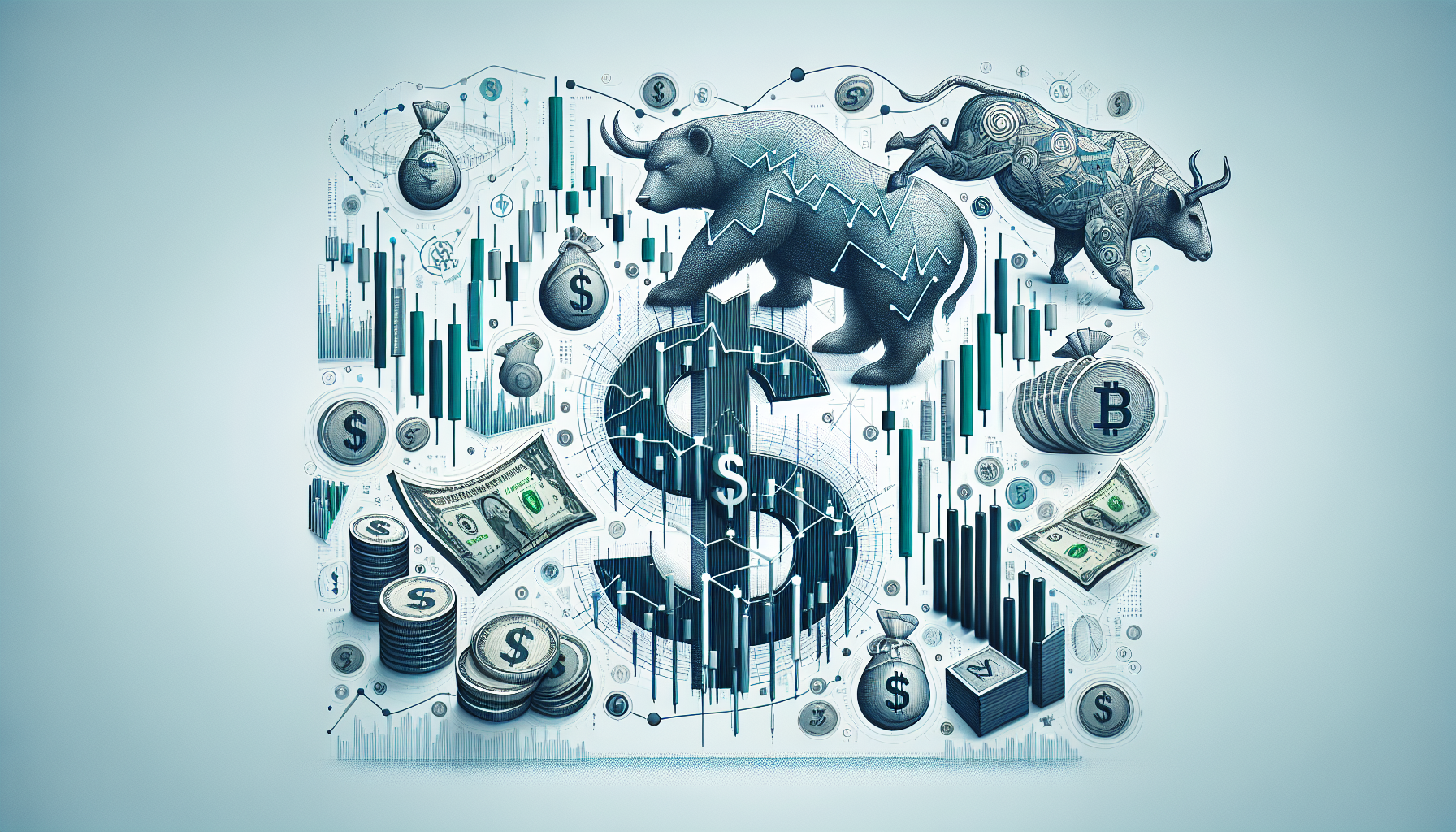
tl;dr
Alibaba plans to embark on a hiring spree and predicts an AI bubble in the US following a high-level meeting with Chinese President Xi Jinping. Despite past job cuts, the company aims to increase its workforce, particularly in the artificial intelligence (AI) sector. Additionally, China is focusing ...
Alibaba plans to embark on a hiring spree and predicts an AI bubble in the US following a high-level meeting with Chinese President Xi Jinping. Despite past job cuts, the company aims to increase its workforce, particularly in the artificial intelligence (AI) sector.
Additionally, China is focusing on AI integration in agriculture, with a recent congress showcasing AI-powered solutions for smart breeding processes to revolutionize the food industry. The report also highlights rising AI applications in agriculture globally, including developments in Southeast Asia and the integration of enterprise blockchain systems to ensure data security and quality.
Chinese technology giant Alibaba (NASDAQ: BABA) has confirmed plans to increase its staff strength following a high-level meeting with Chinese President Xi Jinping. Alibaba Group Chairman Joe Tsai and company founder Jack Ma disclosed the plans to embark on a hiring spree after massive job cuts over the last three years. Both executives and key industry technology players met with President Xi to discuss the state of China’s technology development. At the meeting, Chinese authorities appeared to move from stringent policies threatening Big Tech in Mainland Technology businesses. A wave of government clampdowns saw Alibaba reduce its headcount, and its metaverse and quantum computing departments bore the brunt of the decline. Going forward, Beijing says it will enable Big Tech firms to grow as they try to keep pace with their U.S.-based counterparts.
Although Alibaba plans to shell out nearly $52 billion into its AI objectives over three years, Tsai is alarmed by the figures around AI in the United States. The U.S. AI market is valued at over $300 billion, which Tsai says is a clear indicator of a bubble forming. “I think in a way, people are investing ahead of the demand that they’re seeing today,” said Tsai. The launch of the low-cost DeepSeek adversely affected the valuation of U.S.-based AI firms.
Meanwhile, China’s AI ambition is to be more sustainable, with the government eyeing integration into agriculture. According to a report, players in the Chinese agriculture sectors are eyeing smart breeding processes powered by AI to revolutionize the food industry. Key sector players converged at the 2025 Seed Congress in Hainan Province to explore AI integration techniques for the sector. At the Congress, over 40 participants exhibited solutions revolving around AI and other emerging technologies. The exhibitions displayed AI-powered smart breeding solutions and applications, ranging from genetic analysis to yield prediction for farmers.
AI application in agriculture is rising rapidly, with a report predicting the market capitalization to soar as high as $10 billion by 2032. While the U.S. and Europe dominate the industry, Southeast Asia and the rest of the Asia Pacific are recording high adoption rates. Japan has launched an AI-based robot for labor-intensive tasks in the agricultural sector, targeting harvesting use cases. India is joining the race of AI integration in agriculture, while Thailand is proceeding with an AI mobile application to support local farmers.